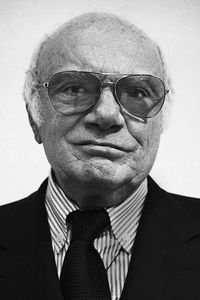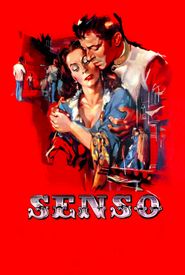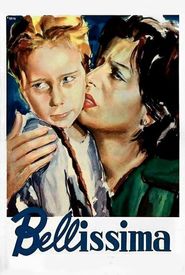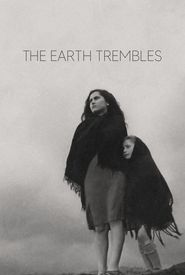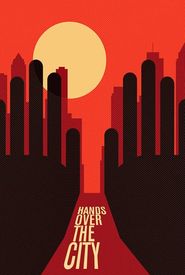Francesco Rosi's father was a shipowner, and after completing his education, Rosi initially pursued a career in law, but he soon abandoned it to work as a broadcast journalist and book illustrator in Naples. During the years from 1944 to 1945, he worked for "Radio Napoli", broadcasting his journalistic skills to the masses.
After the war, Rosi relocated to Rome, where he became acquainted with the film industry, initially serving as an assistant to several directors, thereby playing a crucial role in the development of Italian "Neorealismo". From 1947 to 1948, Rosi assisted Luchino Visconti in the filming of the masterpiece of neorealism "La terra trema", working alongside Visconti on other films and studying with Michelangelo Antonioni.
In 1957, Rosi celebrated his directorial debut with "La sfida", which marked the beginning of a long series of films in the following decades. Some of these films courageously tackled unpleasant and critical topics in Italian post-war society, such as "Le mani sulla città" (1963),"Cadaveri eccellenti" (1976),and "Cristo si è fermato a Eboli" (1979),which were dedicated to the ruthless analysis of events in contemporary Italian history and the present.
Rosi's films bluntly denounced the grievances resulting from war, crime, and corruption as social processes that were tolerated, accepted, or even intended by political power. With the film adaptation of the opera "Carmen" (1984) and the novel by Gabriel García Márquez "Cronaca di una morte annunciata" (1987),Rosi approached emotional productions, abandoning his previous materialistic analysis.
However, both films remained connected to the basic theme of Rosi's work, the Italian South, which the director deepened again through the pessimistic study of the global character of the Italian-American mafia in "Dimenticare Palermo" (1989). Rosi received numerous awards for his work, including the award for his directorial debut at the Venice Film Festival in 1958, the Berlin Silver Bear for the film "Salvatore Giuliano" in 1962, and the "Grand Prix des Amériques" in Montreal for his life's work in 2000.
Rosi is married to Giancarla Rosi Mandelli and resides in Rome.
